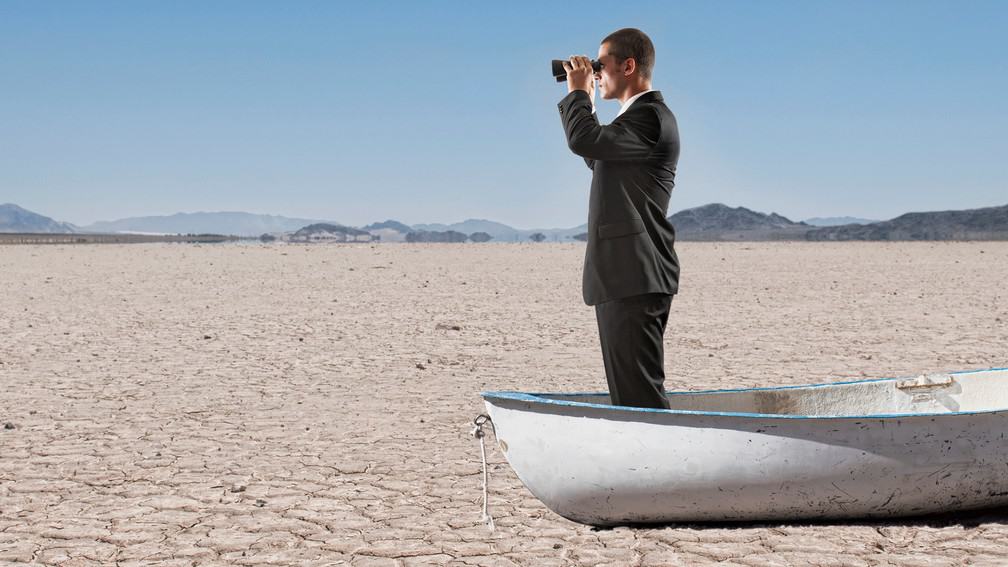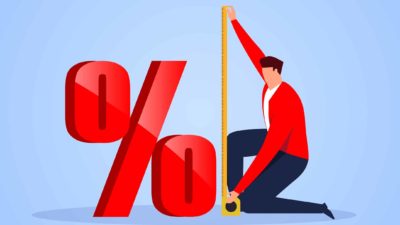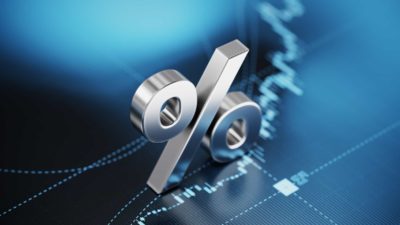Investors need to pull out of Australian shares and shift their focus onto overseas opportunities.
That's the advice from Nucleus Wealth chief strategist David Llewellyn-Smith, who said the global recovery out of COVID-19 is completely different from the global financial crisis and the dot-com bust.
"Those two crashes were led by the US and the recoveries led by China. This time around, the crisis was led by China and the recovery will be led by the US."
The distinction is very important to investment returns in the coming cycle, according to Llewellyn-Smith.
"Moreover, these cyclical forces will further be buffeted by epochal shifts in structural forces shaping the global economy which have, if anything, changed even more dramatically in the past few years," he said on a Nucleus blog post.
"What this means is that now is the time for investors to abandon Australia for global assets."
Australia could have another 'lost decade'
Llewellyn-Smith reckons punters need to stop worrying about the Reserve Bank increasing interest rates.
"Forget rate hikes, the RBA is more likely to have to cut," he said.
"The major reason is China. Its accelerated cyclical slowing is focused upon steel-intensive growth. Iron ore prices will fall a long way as demand fades while supply returns… Normalisation and new supply from every corner of the earth will arrive, owing to the extreme price signal today."
Falling commodity prices will have a domino effect on the Australian economy and its share markets.
"As iron ore tumbles, house prices stall, and the immigration drivers of growth in the last cycle fail to rematerialise, the Australian dollar will fall a long way," said Llewellyn-Smith.
"If the RBA cuts, we could head into a circumstance akin to the late 1990s when Australian yields lagged the US by so far that the AUD fell below 50 cents."
The strategist then fears that the country will have another "lost decade".
"And it won't end until the AUD falls much further and stays down for years to trigger a rebuild in long-forgotten tradable sectors."
Flee Down Under for better growth
Aside from shares relating to renewable energy, the outlook is bleak for local companies.
"Once we get past the policy supports of the pandemic, most Australian assets have little growth underpinning to drive them forward," said Llewellyn-Smith.
"Only bonds appear to have value because global markets have not yet differentiated our yields to match this gloomy outlook."
But the growth forecast for some other developed nations is "very good in the short and medium-term".
"[Those nations will be] led by a revitalised progressive American liberalism with years ahead of exceptional growth," Llewellyn-Smith said.
"The conclusion for investors is that offshore assets beckon with better returns and greater structural tailwinds. Further, the risks are also lower. Intermittent crises invariably result in a falling AUD, which cushions the downside from falling stock markets."









